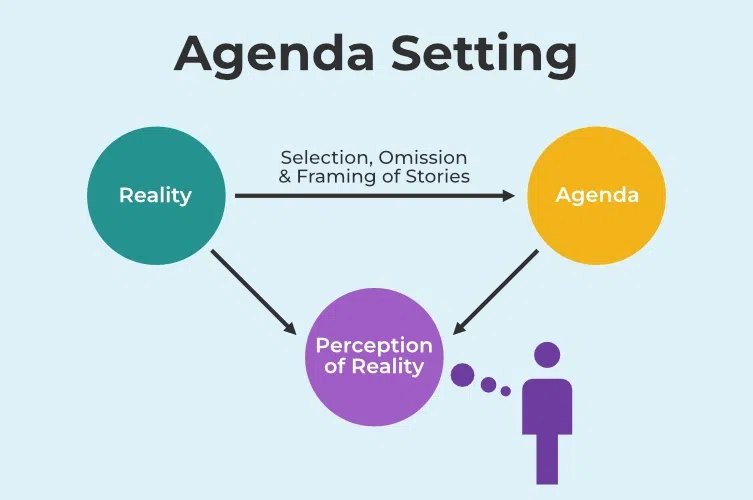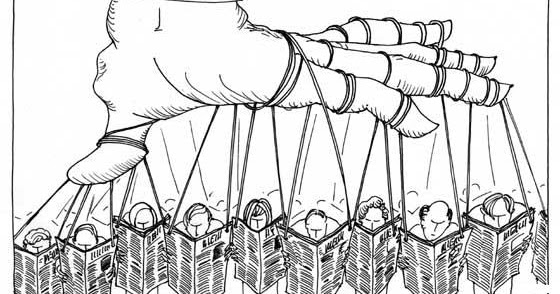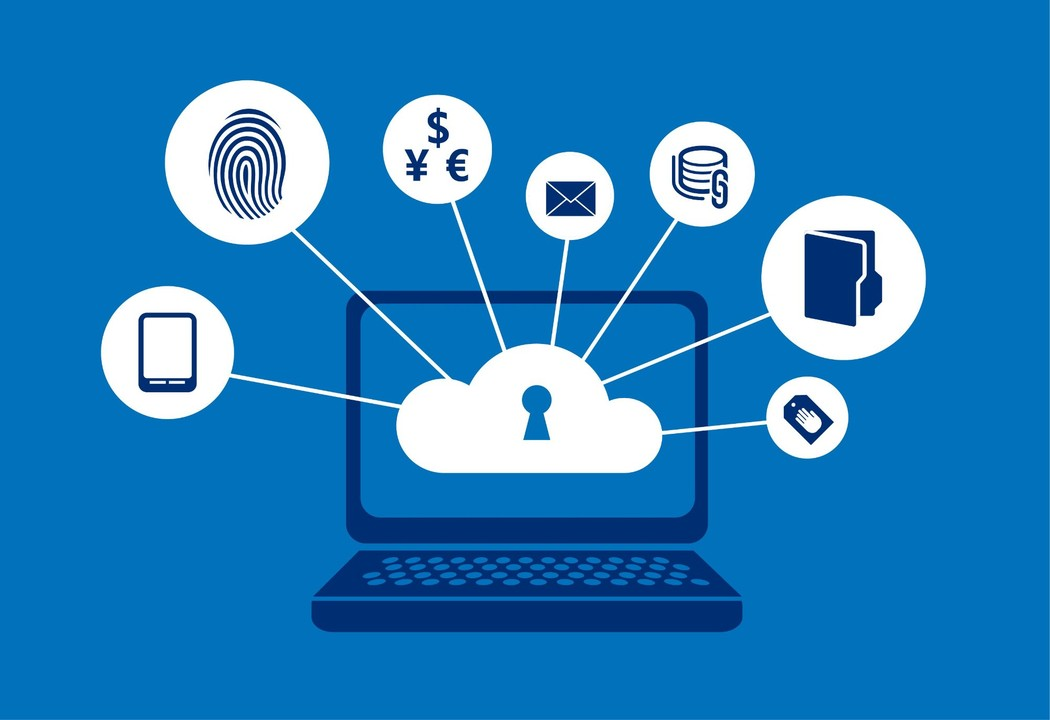Gatekeeping and Agenda Setting are two theories that examine how information access is controlled and how it effects the public. A simple definition of
gatekeeping is; the action or process of controlling access to something or monitoring and selecting information. A simple definition of
agenda setting is; how the influence of the media affects the presentation of the reports and issues made in the news that affects the public mind. Putting news out in a specific order according to how people think and how much influence it will have. These theories are similar, agenda setting is a more developed version of gatekeeping, but they both center around the access of media to the public.

Agenda setting is not always a bad thing. Agenda setting helps to put the more important information in the forefront of things. This happens through media channels deciding what events to broadcast based on what they think will be the most received by the public. Although this does put information at the forefront, each news channel has its own sets of ethics. When an editor is deciding what to publish, items can be rejected because they don’t hold the standards of the organization. This begins to represent the bad side of agenda setting and gatekeeping. Americans are not all going to agree on what issues are important, so, how can we trust that the media is actually putting the most important issues out?
Gatekeeping sets a standard to information value. Gatekeepers hold influence on policies and procedures by playing into an audience’s confirmation bias. This is also an issue with the general public. Society contributes to gatekeeping through consumption. Confirmation bias is similar to gatekeeping in the sense that people are gatekeeping information from themselves.
Gatekeeping and agenda setting have a negative effect on society as a whole. The two theories replicate power structures that are already in place and make them more imbalanced. This comes from the power the media already has, because when the media is able to gatekeep information that they know about it makes them even more powerful. It also stifles creativity and innovation because new perspectives are being stopped. Through agenda setting, the media is looking for relevant information. If something is new, the media might not see it as relevant and not put it out, therefore new ideas are not presented to the public.
Minority groups are also affected greatly by agenda setting and gatekeeping. Congressional responsiveness to issues has been at the forefront of this. As the public identifies a bunch of different issues as important, policy makers have a harder time addressing things. This also affects marginalized groups who might have a different important opinion on things. Media groups that are gatekeepers might not accept an agenda that minority groups are trying to get represented. This causes an issue when there is something that would be important for minority groups to know about but no one is talking about it.
Personally, I, my family, and my generation are all affected by agenda setting and gatekeeping. There is information that could be being withheld from me by the media that I should know. For example, as a woman, sometimes my female voice is seen as a minority voice and therefore not represented. This is a real issue. My generation is also majorly affected by these issues. As the new and future voters, my generation should have access to all issues that may affect us. If the media holds back valuable information, we might be making uneducated votes.
























